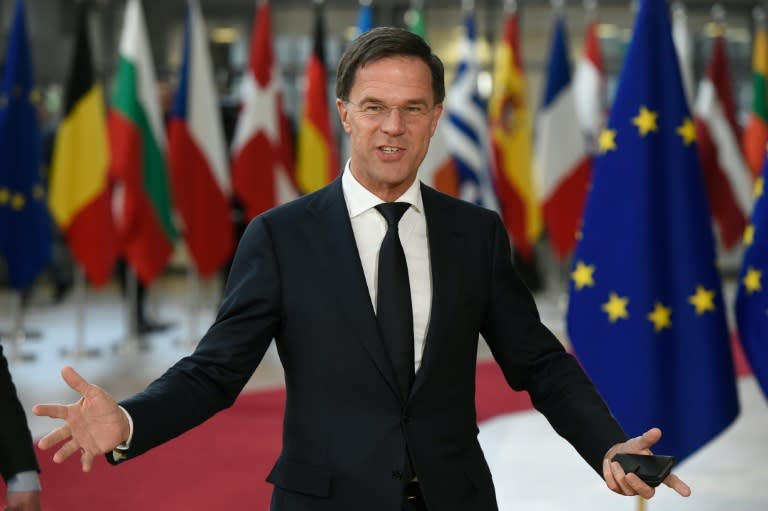Dutch govt backs MPs in nixing referendum law

The Dutch government Friday defended a decision by the ruling coalition to vote in favour of scrapping a controversial referendum law -- which in 2016 saw voters reject a EU-Ukraine pact. "Not everybody agrees with it, but it's in the accord between the ruling coalition parties to withdraw the law," Dutch Deputy Prime Minister Hugo de Jonge said. "There are better ways to involve citizens in the decision-making process," De Jonge told journalists at government's weekly press conference. Dutch MPs late Thursday narrowly approved nixing the law by 76 to 69 votes in the 150-seat lower house after a motion by Interior Minister Kajsa Ollongren of the progressive D66 party -- initially a main proponent of the idea. The proposal now goes to the Dutch senate for final approval and a vote about it is expected to be taken in April. Prime Minister Mark Rutte's new four-party coalition announced plans in October to repeal non-binding consultative referendums, initially introduced as a step towards having legally-binding referendums in the country of more than 12 million eligible voters. The new government particularly flagged concerns about "controversy over the requirements to organise referendums and the different interpretation of their results." In April 2016, Dutch eurosceptic groups won a symbolic victory when voters in a similar plebiscite soundly rejected a key EU-Ukraine treaty. About 60 percent of voters rejected the treaty, though the turnout was barely above the 30 percent needed for the results to be validated. The rejection dealt a humiliating blow to Rutte and his previous coalition government at a time when the Dutch were at the helm of the EU's rotating presidency. Rutte later managed to work out a compromise deal that limits the EU's defence commitments to Ukraine and does not provide any guarantees to Kiev of full EU membership in the future.

